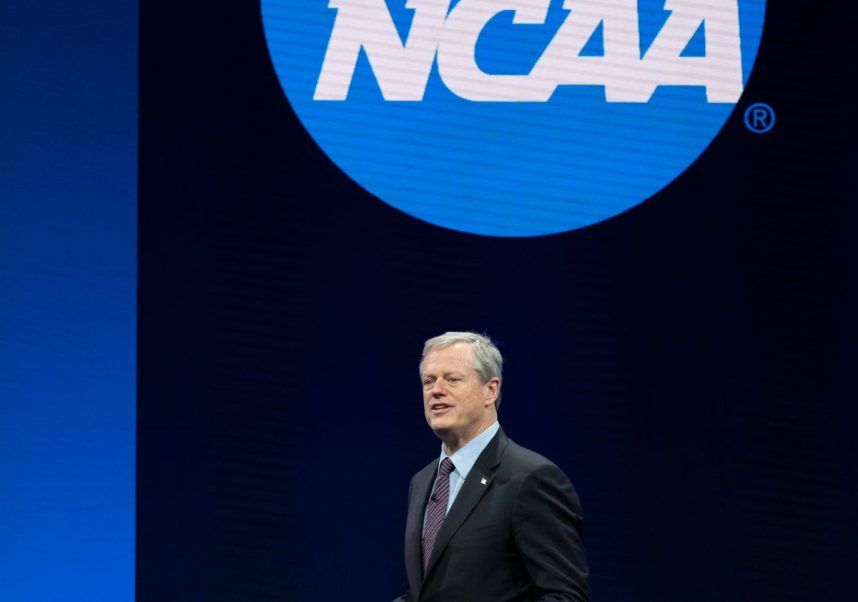College athletes are on the receiving end of vitriol from bettors and 72% of universities are dealing with sports wagering issues tied to athletes or staff over the past year, according to a new NCAA survey.

Compliance officials at NCAA member universities said the percentage is comparable regarding athletes dealing with harassment from frustrated bettors — a scenario that may be worsening as more states approve regulated sports betting.
Student-athletes are getting harassed by bettors, and billion-dollar ad campaigns are targeting young people across the country. We need all the help we can get, including from regulators and sportsbooks, to protect student-athletes and protect the integrity of the games,” said NCAA President Charlie Baker in a statement.
With the recent launch of sports betting in Kentucky, the activity is live and legal in 35 states and Washington, DC, the NCAA and universities are likely to increase scrutiny of wagering-related incidents, particularly in the wake of recent scandals involving athletes at the University of Iowa and Iowa State University.
College Officials Say More Education Needed
The now-famous 2018 Supreme Court ruling on the Professional and Amateur Sports Protection Act (PASPA) set the stage for state-level legalization of sports wagering across — something that had long been considered taboo by gaming regulators and politicians due in part to points shaving scandals and the perceived vulnerability of college athletes.
While the proliferation of sports wagering has been beneficial in terms of bringing more eyeballs to college and professional sports and boosting tax receipts in some states, there’s ample evidence suggesting losing bettors due in fact harass college and pro athletes. When it comes to avoiding problems, colleges and universities believe education is critical.
“Overall, the survey found that some form of sports wagering education is occurring for athletes, coaches and athletics administrators at more than 95% of Division I schools and a majority of Division II and III schools,” according to the NCAA survey.
Broadly speaking, college athletes of age in states permitting sports betting can participate in the activity, but as the Iowa/Iowa State scandals confirm, athletes need education on rules pertaining to their inability to bet on their schools and games in which they’re playing.
“Among the schools that provide sports wagering education, the primary focus is on NCAA bylaws, sports wagering terminology, state/national laws and rules about providing inside information related to their team,” added the NCAA.
NCAA Dealing with New Betting Era
With sports wagering “out of the shadows,” the NCAA and universities are dealing with a new regime, including the growing perception that sportsbook operators overtly woo younger clients.
Specific to athletes, there are avenues colleges and the NCAA can take to limit problem wagering and betting scandals, but those options may not be applicable to broader student bodies.
“Another resource that many schools are using is integrity monitoring services. These services alert schools to suspicious betting activity on a particular contest that could potentially indicate integrity concerns,” concluded the NCAA. “Survey results indicated that one-third of autonomy schools are engaged with such service providers directly, and others across Division I are gaining access to such information through their conference office or the NCAA national office.”
The post College Athletes Harassed by Bettors, 72% of Schools Deal with Wagering Woes, Says NCAA appeared first on Casino.org.


